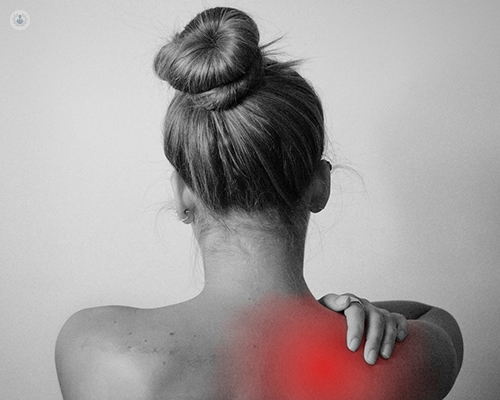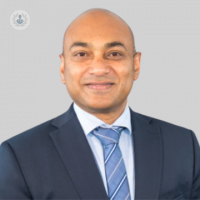Shoulder pain without injury: the key components
Written in association with:What are the most common causes of shoulder pain which have not resulted from injury?
There are several ways that shoulder pain can occur; it is not always due to injury. The following are common causes of shoulder pain not resulting from injury:
- Acromioclavicular Joint Arthritis.
- Long head of Biceps Pathology.
- Calcific Tendonitis.
- Frozen Shoulder.
- Shoulder Arthritis.
- Shoulder Instability.
- SLAP Tear due to degenerative disease.
- Subacromial Impingement/Bursitis.
- Sternoclavicular Joint Pain.
- Rotator Cuff Tear due to degenerative disease.
- Shoulder infection.
- Shoulder tumour.
- Pain referred from neck or other sources.

What are the dos and don’ts of shoulder pain while recovering at home?
There are numerous ways that you can care for yourself while recovering pain from home. Some things you should do are as follows:
- You should take simple pain killers.
- You should take anti-inflammatory medicines if tolerated.
- You should exercise as tolerated.
While there are several things you should do to aid shoulder pain, there are also things you should avoid. Some things you should not do are as follows:
- You should not push through pain.
- You should not ignore symptoms that are not settling.
When should you see a doctor about shoulder pain?
There are a few reasons why you should visit the doctor due to shoulder pain.
Firstly, you should visit the doctor when treatment with simple analgesics and anti-inflammatory medicines have not alleviated your symptoms.
You should also visit the doctor if pain is caused by injury or if it’s severe.
Furthermore, if you are worried about an infection, it is advisable to visit the doctor.
How is the cause of recurrent shoulder pain determined?
A few methods are implemented to determine recurrent shoulder pain. It can be determined thorough history, clinical examination and basic investigations like X ray.
In select cases, specialist scans are required.
When is treatment required for shoulder pain? What does it typically consist of?
Treatment is required to reduce pain or stiffness. It consists of:
- Pain killers.
- Anti-inflammatory medication.
- Steroid. Local anaesthetic injections.
- Physiotherapy.
In some cases, key hole surgery is necessary as treatment.


